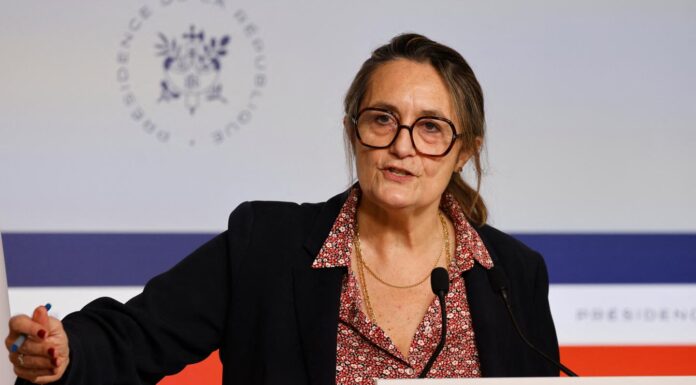Published on

ADVERTISEMENT
The European Union has agreed to prolong for another six months the sanctions on more than 2,500 individuals and entities accused of propping up Russia’s full-scale invasion of Ukraine and undermining the country’s sovereignty and territorial integrity.
The blacklist includes President Vladimir Putin, Foreign Minister Sergey Lavrov, lawmakers, high-ranking generals, oligarchs, business leaders, propagandists and mercenaries, as well as those responsible for the abduction of Ukrainian children from the occupied territories, a war crime for which Putin is wanted.
The decision to renew was taken on Friday during a meeting of ambassadors in Brussels, the Danish presidency of the EU Council confirmed.
The talks were coming dangerously close to the legal deadline of 15 September.
The main point of contention was a request by Hungary and Slovakia to remove certain names from the blacklist. After several rounds of discussions, no name was spared.
Earlier this year, Budapest succeeded in excluding three names.
In parallel, the Danish presidency had pitched a change to the rules to extend the sanctions for 12 months, rather than the traditional six months. The change was designed to curb the exploitation of veto powers that unanimity grants.
Both Hungary and Slovakia have used their veto to extract concessions, infuriating other member states. The two Central European countries are vocal critics of sanctions against Russia, even if they have stopped short of derailing them altogether.
In the end, the amendment was rejected, meaning six months remain the norm.
The bloc previously tried to install a 12-month framework to shield Russia’s €210 billion frozen assets from veto shocks. That attempt also failed.
Friday’s decision comes amid a renewed push between Brussels and Washington to coordinate their pressure campaign on the Kremlin and advance negotiations.
The approach, however, diverges: while the White House is asking for punishing tariffs on China and India, the two largest importers of Russian oil, the Commission is working on a new round of economic sanctions, targeting the “shadow fleet” and entities that enable circumvention. The bloc has also promised to accelerate the phase-out of Russian fossil fuels, currently scheduled to be completed by the end of 2027.
“We just extended our sanctions on Russia,” said High Representative Kaja Kallas.
“At the same time, we are finalising work on the 19th package – looking into additional curbs on Russian oil sales, shadow oil tankers, and banks. We’ll keep choking off the cash for Putin’s war.”
Europeans remain largely unconvinced about Donald Trump’s willingness to tighten the screws on Moscow. Following the unprecedented incursion of Russian drones into Polish airspace earlier this week, Trump appeared to echo the Kremlin’s talking points by suggesting the incident “could’ve been a mistake”.
Polish Prime Minister Donald Trump replied: “We would also wish that the drone attack on Poland was a mistake. But it wasn’t. And we know it.”















